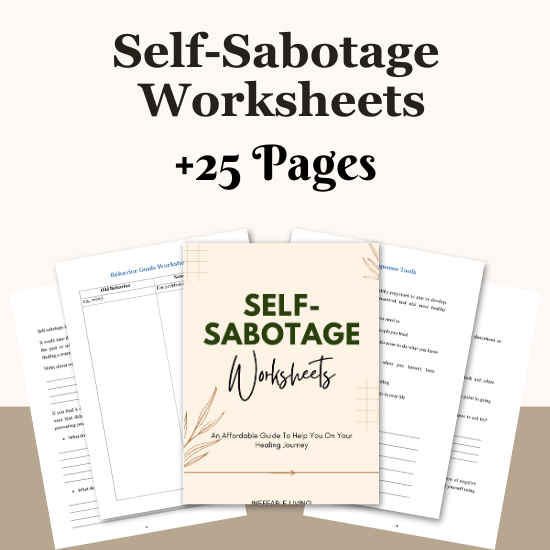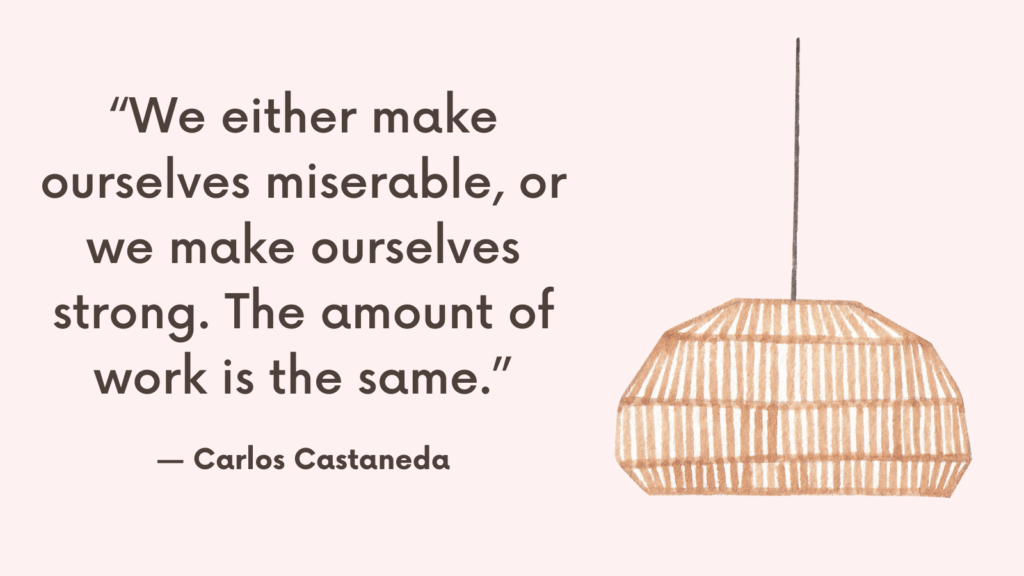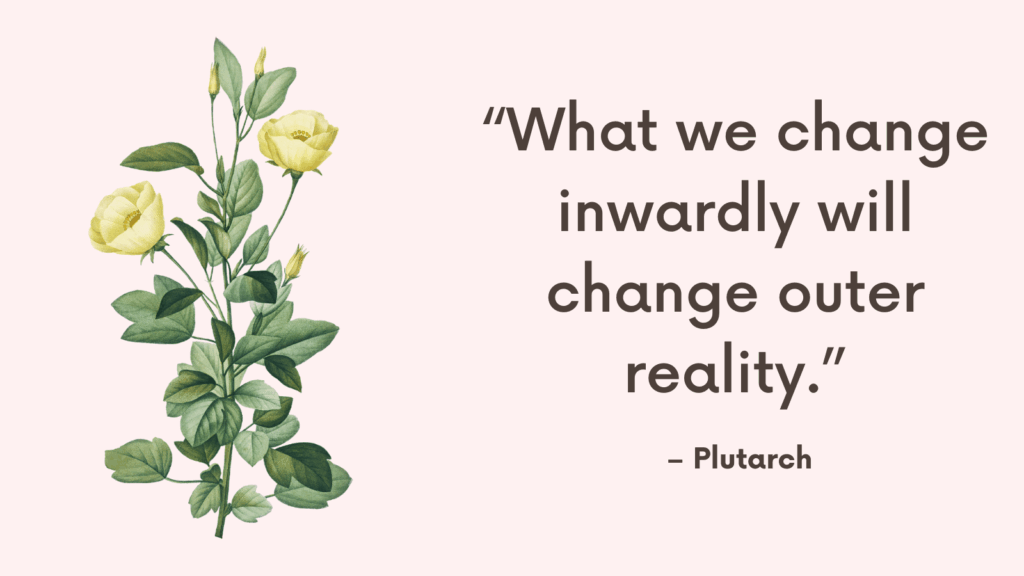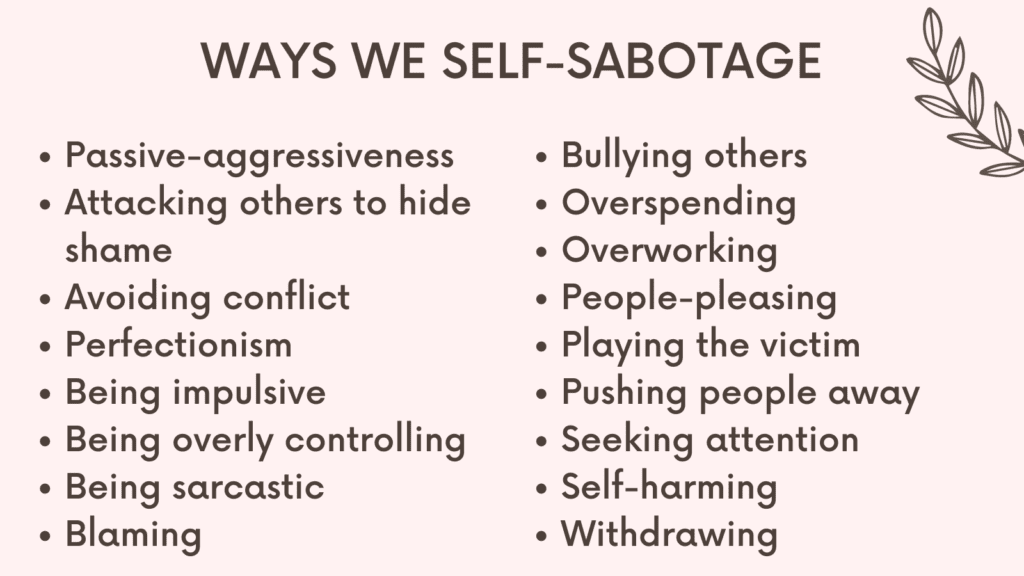You make a mistake — and instead of learning from it, you spiral. You replay it in your mind, criticize yourself harshly, or withhold rest, kindness, or connection as a form of “discipline.” This is self-punishment — a destructive pattern where you become both the judge and the punished.
Self-punishment isn’t always obvious. It can hide beneath perfectionism, shame, people-pleasing, or chronic self-neglect. It’s not about accountability — it’s about control, rooted in the belief that you must suffer in order to be good enough.
Here’s what self-punishment looks like, why it happens, and how to begin breaking free from it.
What Is Self-Punishment?
Self-punishment is the act of emotionally, mentally, or physically harming yourself in response to guilt, shame, or perceived failure. It’s an attempt to “pay for” something you did or believe you did wrong — whether that’s a real mistake or simply not living up to impossibly high standards.
It can take many forms, including:
- Harsh self-talk (“You’re so stupid. You always mess things up.”)
- Denying yourself rest, food, or comfort
- Replaying mistakes over and over in your mind
- Sabotaging opportunities or relationships
- Seeking out emotional pain or chaos to feel “deserving”
- Isolating yourself to avoid support or pleasure
At its core, self-punishment says: “I deserve to suffer because I’m not enough.”
Related: Best 7 Self Sabotage Books
Why We Self-Punish
1. Childhood Conditioning
If love, attention, or approval were tied to performance, obedience, or perfection growing up, you may have internalized the belief that mistakes equal unworthiness.
2. Shame and Internalized Guilt
Shame says “I am bad,” not just “I did something wrong.” Self-punishment becomes a way to manage that unbearable feeling — by turning it inward instead of learning to heal it.
3. Trauma Response
When you’ve experienced neglect, criticism, or abuse, punishing yourself can feel familiar — even comforting. It mirrors how you were treated and becomes a survival strategy.
4. Fear of Accountability From Others
By punishing yourself first, you try to prevent others from punishing, rejecting, or blaming you. You think: “If I’m hard on myself, maybe they won’t be.”
5. Desire for Control
When you can’t control outcomes, punishing yourself may feel like a way to regain control over uncertainty or emotional discomfort.
Signs You May Be Engaging in Self-Punishment
- You feel intense guilt or shame over small mistakes
- You talk to yourself in ways you’d never speak to someone else
- You withhold joy or success from yourself as “penance”
- You avoid self-care because you feel you haven’t “earned it”
- You sabotage relationships, goals, or opportunities after progress
- You isolate yourself when you’re struggling instead of reaching out
- You find it hard to forgive yourself — even for things long in the past
Related: Best 20 Healing Shame Exercises To Break Free From Toxic Shame
How to Stop Punishing Yourself?
1. Recognize the Pattern Without Shame
Awareness is the first step. Catch yourself when you start spiraling into self-blame, overthinking, or self-denial. Say to yourself:
“This is self-punishment. I don’t need to go down this road.”
2. Challenge the Inner Critic
Identify the voice that says you’re not good enough. Then respond to it with truth, not shame.
“Yes, I made a mistake — but that doesn’t make me a failure.”
“I can hold myself accountable without hating myself.”
Related: Best 21 Self Sabotage Journal Prompts
3. Practice Self-Forgiveness
Forgiveness doesn’t mean forgetting — it means releasing the need to keep hurting yourself. Try saying:
“I forgive myself for not knowing better at the time.”
“I forgive myself for being human.”
4. Replace Punishment With Repair
Ask: “What would help me grow from this instead of hurt myself?”
If you snapped at someone, apologize. If you missed a deadline, plan a new one. Action rooted in growth heals more than shame ever will.
Related: Self-Compassion Quiz (+FREE Self-Compassion Resources)
5. Reclaim Rest and Kindness as Your Right
You don’t have to “earn” care or joy. Let yourself rest even when you’re not productive. Let yourself eat even when you feel ashamed. This rewires your belief that you must suffer first to deserve peace.
6. Reconnect With Supportive Voices
Talk to a friend, therapist, or journal as your wiser self. You need to hear voices that remind you:
“You’re not bad. You’re healing. You’re allowed to be kind to yourself.”
7. Practice Self-Compassion as a Daily Habit
Try a mantra like:
“I am not my mistakes.”
“I’m learning. I’m growing. I’m still worthy.”
Speak to yourself the way you would speak to a hurting child.
Related: How To Be Gentle With Yourself? Top 5 Ways To Practice Self-Compassion

Conclusion
Self-punishment doesn’t make you a better person — it just keeps you stuck in cycles of pain and fear. You don’t need to keep paying for your imperfections with your peace. You’re allowed to make mistakes. You’re allowed to grow. You’re allowed to rest and receive love — even when you’re still healing.
Choosing self-compassion isn’t weakness. It’s the deepest kind of strength. And every time you offer yourself grace instead of punishment, you’re choosing a life where healing is possible — not just survival.



